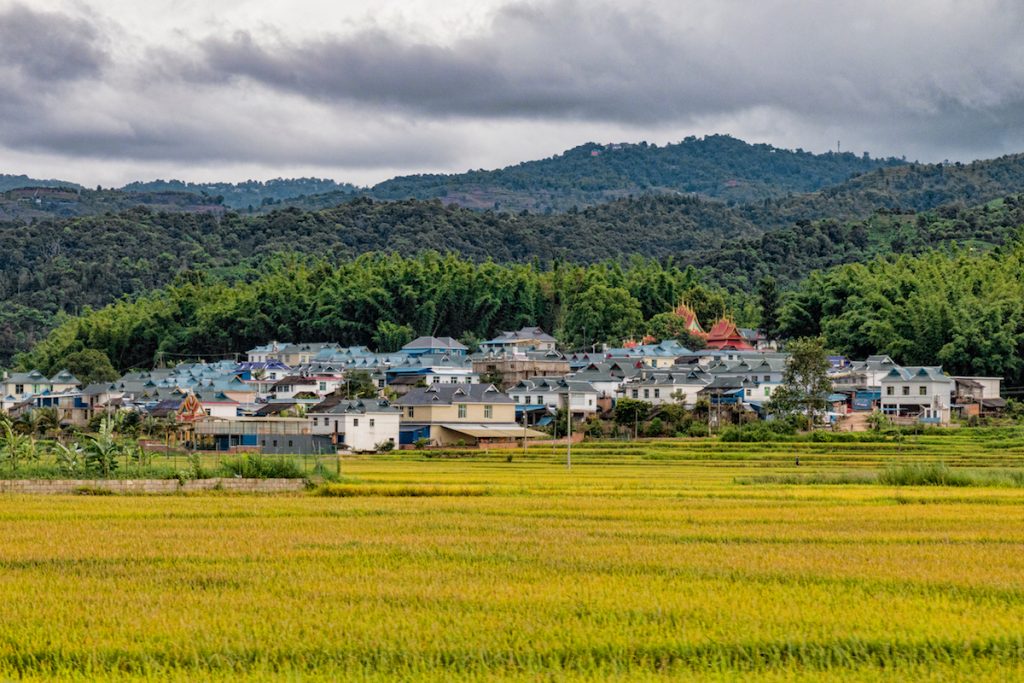A village in China’s south has told a faith-based rights group that they have been warned against converting to Christianity which was described as an “evil cult” in an official notice.
Rights group Christian Solidarity Worldwide (CSW) said that new ‘village rules’ introduced in a village near the China-Burma border, state that anyone who converts to Christianity will face financial penalties or even land confiscation.
CSW said that the rules have been put in place in Huang Fei village, Yingjiang county in the province of Yunnan, which is inhabited by members of the Dai ethnic group.
The notice, seen by CSW and believed to have been posted in early September, states that the traditional faith of the Dai community is Buddhism and that Christianity is an “evil cult.”
CSW said that the notice goes on to state that if anyone violates the rules of the village by “believing in Jesus Christ and other sects,” they must pay a financial penalty to the community, such as one pig weighing more than 300 pounds, a considerable fine in the community, which comprises mostly farmers.
A source told CSW: “This is not only the case in this village, but also in many other Dai villages in the surrounding area, including Ruili, although some rules are written down and some are unwritten.”
In an apparently related development, individuals in China reported via social media that the Li community in Hainan province had simultaneously introduced similar ‘village rules’ that allowed villagers to isolate and target Christian individuals and families, including with financial penalties, the rights group said.

CSW stated that there is some concern that this recent spike in targeting Christians in ethnic minority villages in both provinces may indicate a form of unified arrangement on behalf of provincial authorities.
While violations of freedom of religion or belief, including an ongoing crackdown on Christianity, have historically mainly been perpetrated by the Chinese Communist Party (CCP), these recent developments suggest that the government is in some cases also placing responsibility for the repression of religion on community and village leaders, which in turn is making Chinese citizens feel tense.






